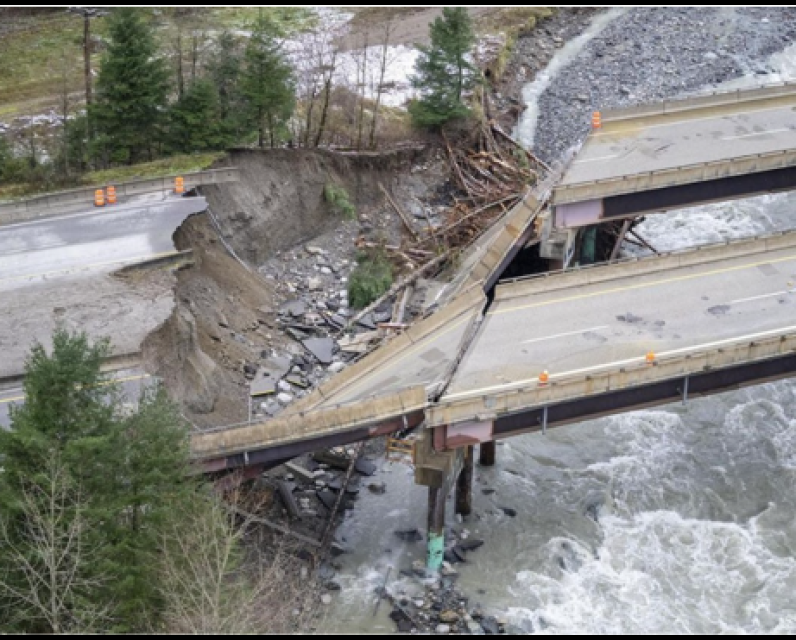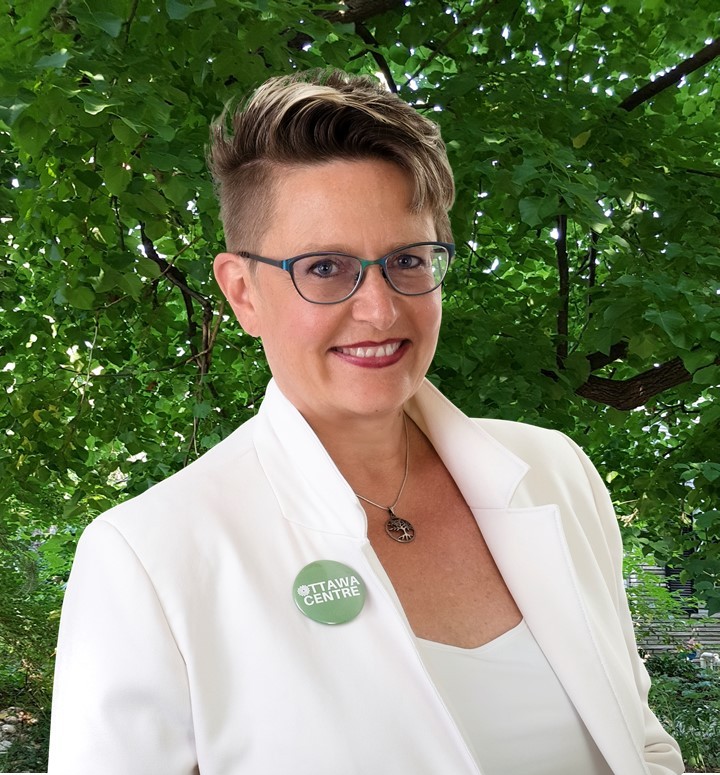Unpublished Opinions
Angela Keller-Herzog is a periodic contributor to Unpublished Ottawa on economic, social and environmental issues of local interest. She is currently the candidate for the Green Party for Ottawa Centre in the 2019 federal election. Angela is an economist, community organizer, and runs an eco-friendly bed & breakfast in the Glebe.
Ottawa City Council Climate Watch: Delay is the new denial

Mayor Jim Watson’s announced departure means that his lock-grip on committees and votes comes to an end. Suddenly new future pathways and new choices are opening up for Ottawa. But are Ottawans ready to step up?
Voter turn-out in the 2018 municipal election was only 42.5% -- far behind voter turn out for provincial and federal elections. With Watson stepping aside, will there be an upsurge of interest? Will there be lively debates about the possible futures for our fair city?
There should be: local is where the action is. Decisions taken at municipal level affect us more than any other level of government.
Yet there is a chasm of disconnection separating most residents from actually knowing what goes on in local politics.
Example: climate. We know from Nik Nanos Trend Line research in November 2021 that this is an area that a strong majority of Canadians want to see action to avert catastrophic global warming. The operational decisions taken in sectors under municipal jurisdiction – transportation, building, land-use planning, waste management matter hugely in our efforts to reduce greenhouse gas emissions and protect ourselves from climate risks.
In the City Council budget deliberations last Wednesday December 8, a walk-on motion by Councillors McKenney and Moffatt proposed that $9M of an un-allocated windfall of $57M from federal gas tax revenue be used to fund the City’s greenhouse gas emissions reduction climate plan (“Energy Evolution”). While the City has set climate targets, has declared a climate emergency, and has spent a long 6 years in formulating the Energy Evolution climate plan, there is effectively no implementation money in the $4Bn-plus City business-as-usual budget 2022. Very few people know this not-fun fact.
After brief debate, a motion to defer allocation of the $9M for 6 months was introduced by Councillors Hubley and Cloutier – two stalwarts of the Watson club. This of course flies in the face of the City of Ottawa declaring a climate *emergency*, the urgency conveyed by both recent scientific reports and increasingly costly extreme climate events, and the COP-26 understanding that “delay is the new denial”. And, as they were debating, municipalities in BC and Nova Scotia were dealing with millions in damages caused by unprecedented flooding and weather.
Calling for the vote, Watson stated that he “strongly supported” the deferral and urged councillors to vote for it. The deferral won 14 to 10. I was shocked. How could Ottawa City Council not fund its own plan? Especially if made so easy – not requiring a new tax hike.
The councillors voting FOR funding the city climate plan were Moffatt, Menard, Egli, Leiper, King, Kavanagh, Deans, McKenney, Brockington and Fleury.
The councillors voting to delay were Cloutier, Tierney, Meehan, Curry, Darouze, Kitts, Gower, El-Chantiry, Hubley, Dudas, Chiarelli, Luloff, Harder and Watson.
So now you know how your councillor voted on this climate litmus test. While Mayor Watson has stated for years that our investments in LRT make Ottawa a climate leader, the comparative with other Canadian cities like Vancouver, Edmonton and Halifax shows otherwise. Ottawa is a laggard. For years Watson’s regime has been all about business as usual – including more urban sprawl.
There are also other issues close to your heart. If we want to take Ottawa in new directions, then it’s time to awaken and engage with our local politics. Find out how your incumbent councillor votes on the issues that you care about, and then take your own vote to the ballot box in November.
Local is where the action is. We need to do our homework. And 42.5% turnout is not good enough.
Angela Keller-Herzog is the Executive Director of Community Associations for Environmental Sustainability (CAFES). You can reach her at akellerherzog@cafesottawa.ca



Comments
Be the first to comment